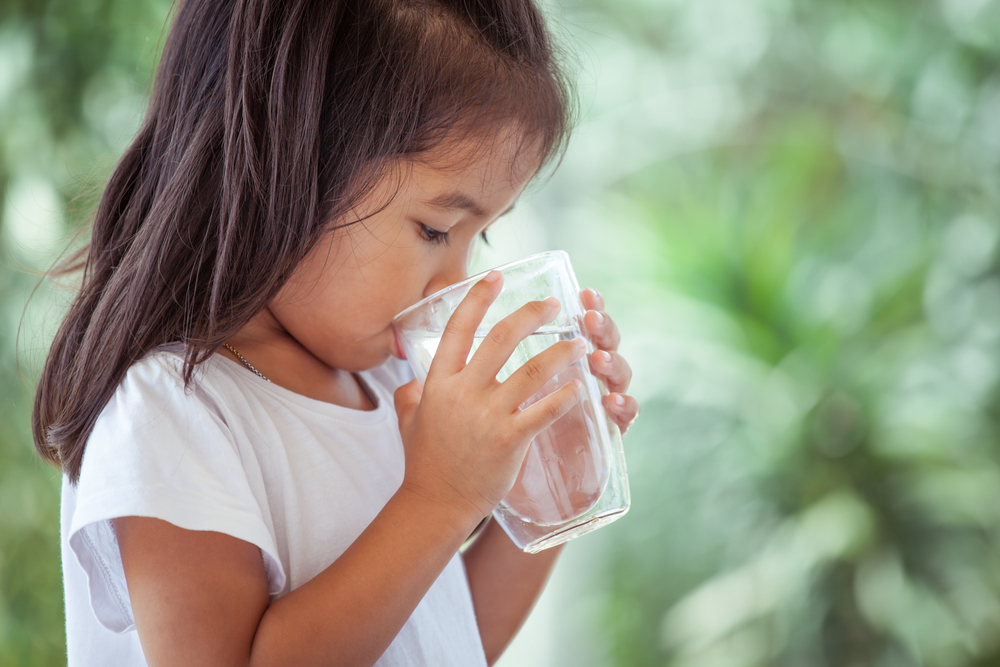Wetting themselves
- 0-1 Years
- 1-5 Years
- 5-11 Years
- 11-19 Years
- SEND
- Peeing, pooing and toileting

Bedwetting or daytime wetting is also known as enuresis. This is when there is an inability to control the bladder. It is most common in young children and can be caused by a variety of things including:
- drinking too much or too little
- constipation
- irritant drinks such as tea, coffee and fizzy drinks
- stress
- a small bladder
- urinary tract infections (UTI)
Explore the topics on this page:
Bedwetting
Many children under the age of 5 wet the bed at night. Bedwetting is sometimes called nocturnal enuresis. It can be an upsetting and stressful experience for children and young people.
The most common causes of bedwetting in children includes:
- making too much pee at night
- the bladder being unable to hold onto the pee
Struggling with bedwetting?
Speak to your GP or a health professional in our team if you have tried treating it at home and nothing is working. Or if your child was dry for 6 months and is now bedwetting.
You can Call Us on 0300 029 50 50 or Text Us on 07520 649887 to start a conversation.
Daytime wetting
By the age of 2 to 4, most children can stay dry during the daytime, but daytime wetting is not uncommon. Some children will experience both bedwetting and daytime wetting.
Daytime wetting is often caused by your:
- child’s bladder being too small
- child not understanding the feeling of needing to pee
- child being so distracted that they don’t notice their bladder is telling them they need a pee
- child being constipated
Do not get angry with your child as it's not their fault if this happens.
Struggling with daytime wetting?
Speak to your GP or a health professional in our team if your child is over the age of 5 or has started daytime wetting after being toilet trained.
You can Call Us on 0300 029 50 50 or Text Us on 07520 649887 to start a conversation.
How to help your child stop wetting themselves
Do
- give your child 6 to 8 cups of water during the day
- make sure your child goes to the toilet regularly, around 4 to 7 times per day
- praise your child and reward them to motivate them to use the toilet regularly
- make sure they go to the toilet just before bedtime
- use waterproof covers on their mattress and duvet
- make sure they have easy access to a toilet at night
- make sure boys and girls sit down when using the toilet
- use a footstool when sitting on the toilet to help the bowels and bladder to empty completely
Don't
- do not get angry with your child as it is not their fault
- do not give your child drinks containing caffeine such as tea and coffee or fizzy and acidic drinks
- do not regularly wake or carry your child in the night to use the toilet as this will not help in the long term

Young person and teenage bedwetting
Bedwetting can also occur in young people and teenagers.
Last reviewed: 1 November, 2023
